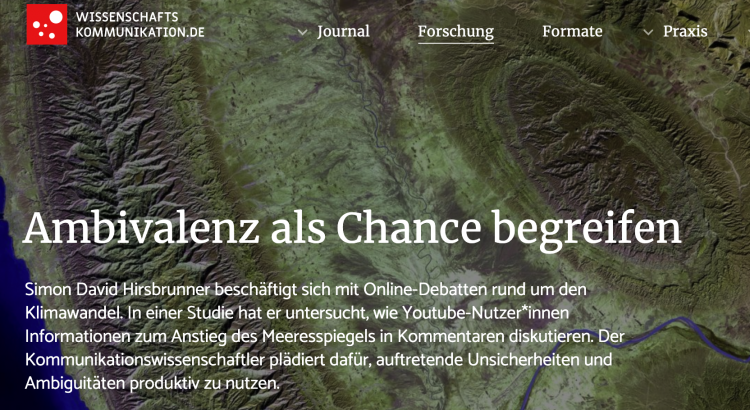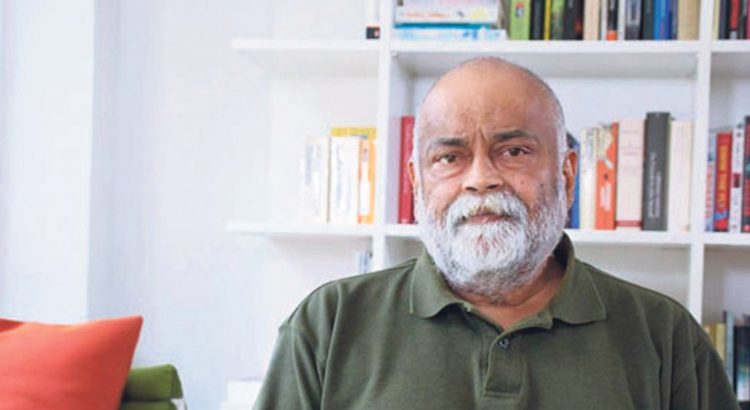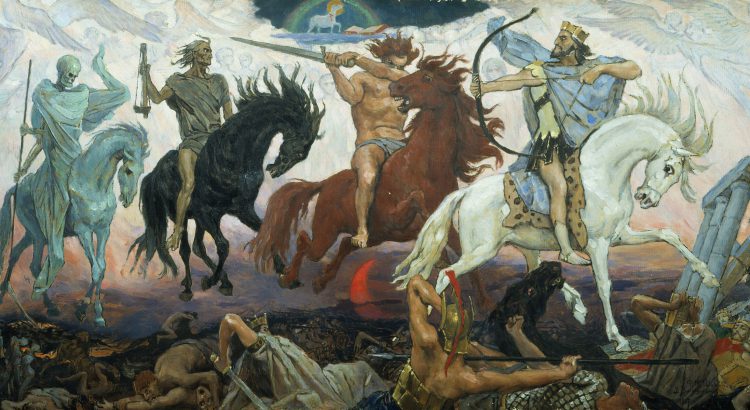Es hat mich außerordentlich gefreut, beim Talk am Sommerforum Medienkompetenz 2023 dabei zu sein und mit Prof. Dr. Caja Thimm und Florian Rampelt über Chancen und Risiken generativer KI für Bildung und Mediennutzung zu sprechen. Vielen Dank an die Mitpanelist*innen, die Veranstalter Medienanstalt Berlin-Brandenburg (mabb) und die Freiwillige Selbstkontrolle Fernsehen (FSF), Organisatorin Camilla Graubner, das Team von Alex TV, die wunderbare Moderatorin Teresa Sickert und inspirierende Impulsgeberin Mercedes Bunz.
Inhaltlich war mir in der Diskussion wichtig, für die Entwicklung und Nutzung offener KI-Modelle und -Systeme im Bildungs- und Medienbereich in Europa zu werben. Transparenz ist eine Grundvoraussetzung für ethische KI – das kann nicht genug betont werden. Ebenso zentral ist der Aufbau vielfältiger KI-Kompetenzzentren, die sich inter- und transdisziplinär mit den technischen, sozialen, juristischen und ethischen Herausforderungen generativer KI auseinandersetzen und den Wissenstransfer in die Praxis und den öffentlichen Diskurs sicherstellen.
Wer im Nachhinein reinschauen möchte, findet hier die Aufzeichnung der Diskussion und Veranstaltung: https://lnkd.in/ezWUwcQK
Hintergrund-Info zum Sommerforum Medienkompetenz: https://lnkd.in/e68JpY3k







